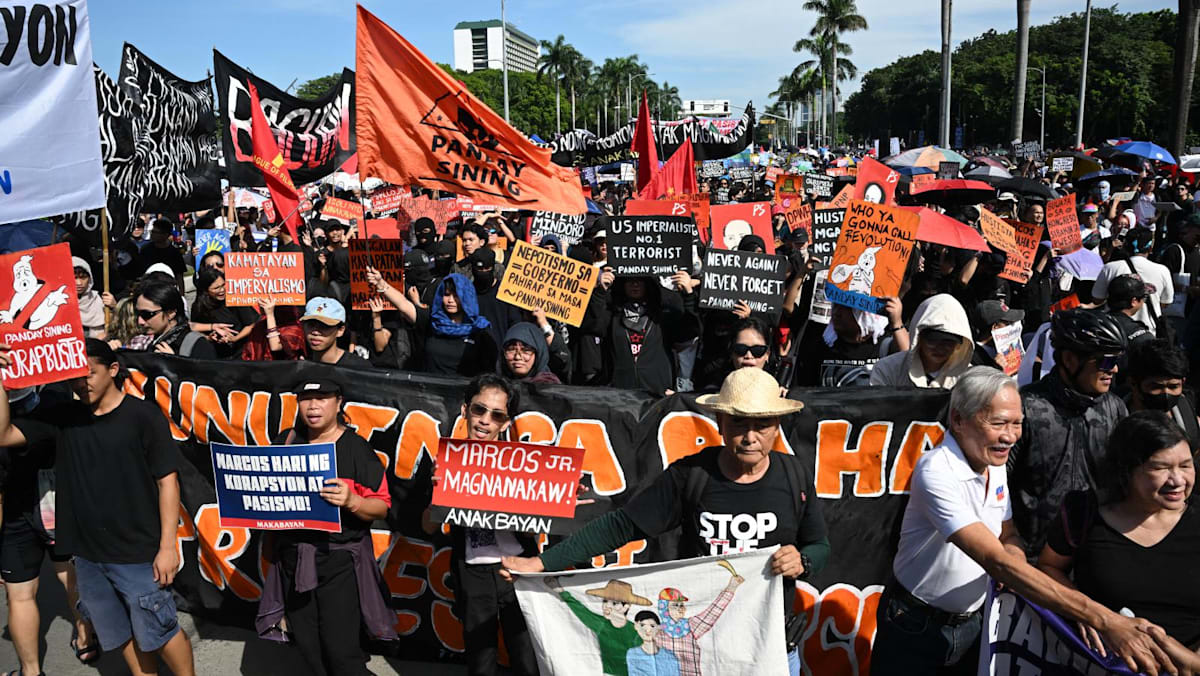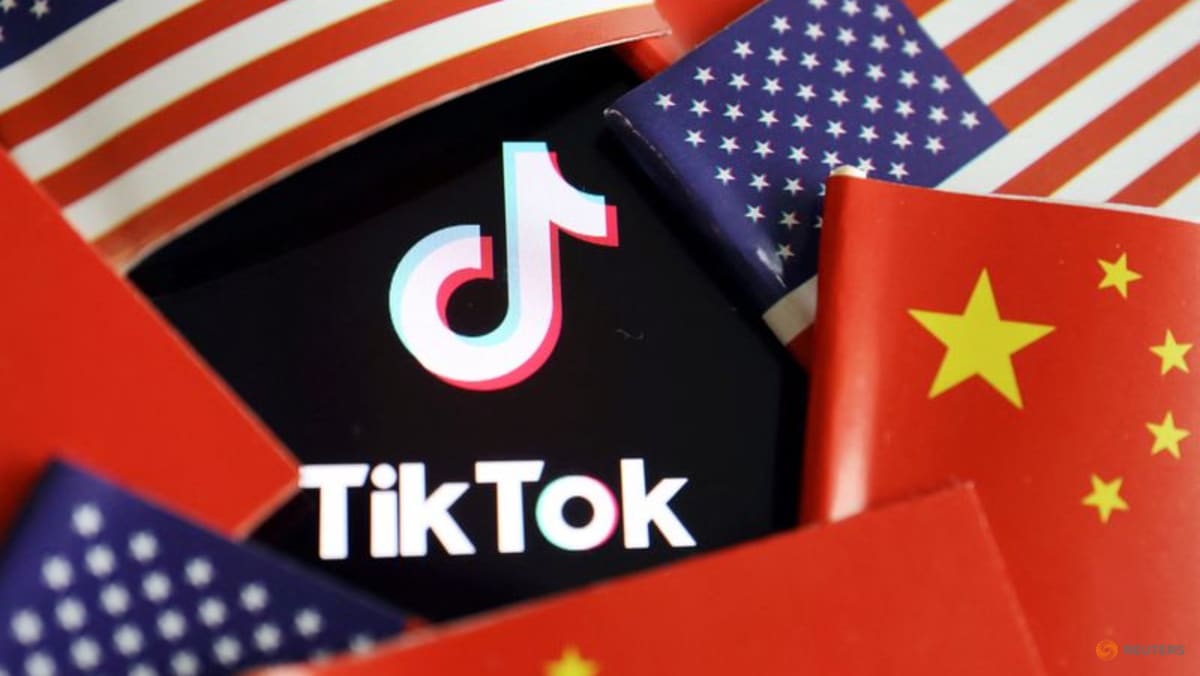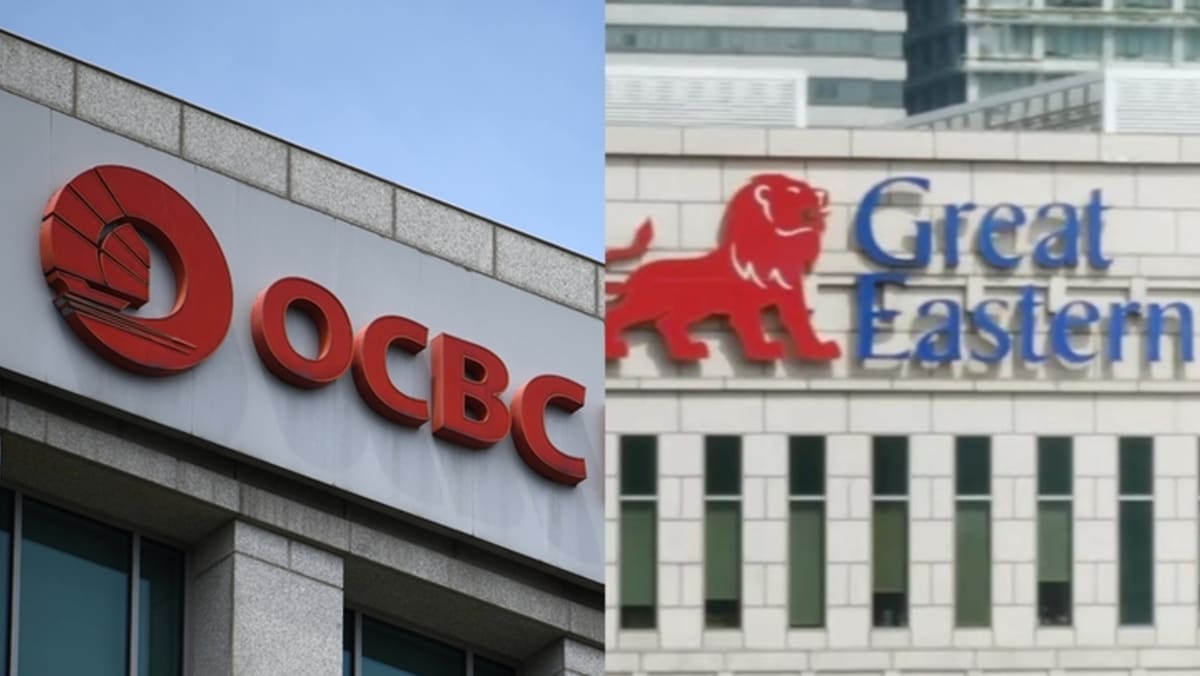WHAT’S THE LIKELIHOOD OF ANOTHER OFFER?
Can the dissenting minorities force the parties to make another exit offer?
OCBC has stated clearly that it “will not make another offer for Great Eastern in the foreseeable future”.
Why should it? From OCBC’s perspective, it can mop up Great Eastern shares if trading resumes at a discounted price. The bank is the master of the long game. Lest anyone forgets, it has been accumulating Great Eastern shares for the last 30 years.
If lifting of the suspension is thwarted, the ball will be in the SGX’s court to figure out a solution. Can the SGX compel a “round 2”: invite another, perhaps higher, exit offer?
Or will it let the market decide on the price of an exit that is the result of willing buyer-willing seller arm’s length negotiations between a major shareholder and minority shareholders who want out?
There is no precedent, and we could be sailing into uncharted territory.
What happened at the extraordinary general meeting is not a situation of the minorities having a voice. It is not a tyranny of the majority. The cynic might even call it tyranny of the “minority of minorities”.
The wishes of two-thirds who wanted to exit at S$30.15 was thwarted by the one-third who hope that the regulator can force OCBC/Great Eastern to come up with a higher exit offer.
Finally, all this also raises the question of whether the SGX should rethink its 75 per cent rule to delist a company at the exit offer stage?
If nothing else, the Great Eastern situation has laid bare the reality that shareholders controlling one-third of 6 per cent of a company can have the last word on a matter of such importance to all shareholders. Would not a simple majority of, say 50 per cent, be fairer?
Ven Sreenivasan is a former editor and journalist who has covered financial markets, economic and corporate news and aviation for more than 30 years.














